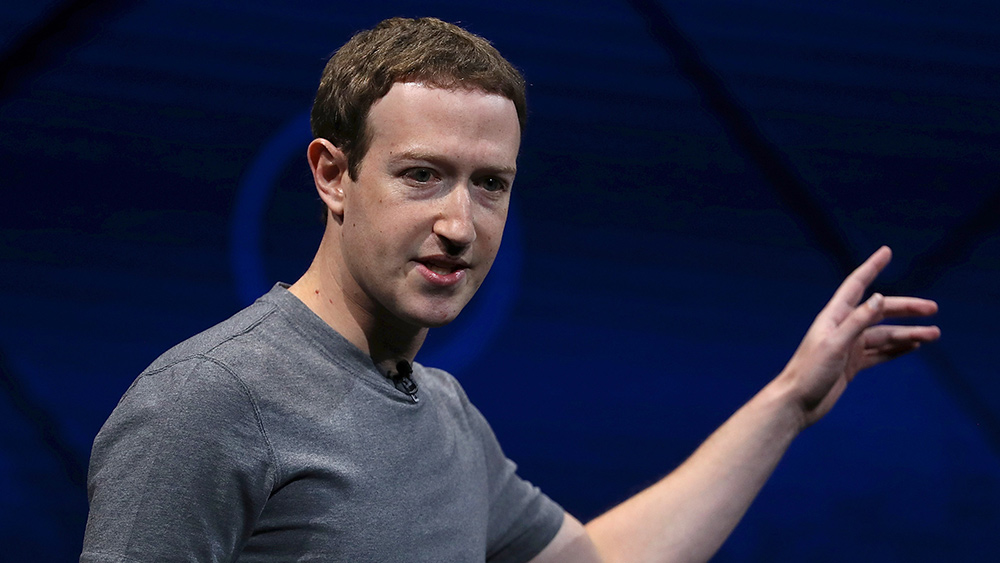
The United States Department of Justice has announced potential plans to request a court mandate directing Alphabet Inc., the parent company of Google, to divest significant segments of its operations, including its Chrome browser and Android operating system.
This move aims to dismantle what is described as an illegal monopoly held by Google in the online search sector. A judge had previously concluded in August that Google, which handles 90 percent of internet searches in the U.S., had established this monopoly unlawfully.
The Justice Department has outlined remedies that could dramatically alter the landscape of how information is accessed on the internet by Americans, potentially diminishing Google’s revenue and enabling competitors to expand. These proposed remedies are designed to prevent Google’s historical dominance from expanding into emerging sectors like artificial intelligence. (Related: Trump tells supporters he plans to prosecute Google for rigging election information in favor of Kamala.)
The world's fourth-largest company with a market capitalization of over $2 trillion, Alphabet is under mounting legal pressure from competitors and antitrust authorities.
The department emphasized that effectively addressing the harm caused necessitates “not only ending Google’s control of distribution but also ensuring Google cannot control the distribution of tomorrow.”
Additionally, the Justice Department is considering urging the court to halt Google’s substantial payments to secure its search engine as the pre-installed or default option on new devices. In 2021, Google paid $26.3 billion to various companies, including Apple, to maintain its search engine as the default on devices, which has helped preserve its dominant market position.
Google, planning to appeal, described the proposals on a corporate blog as "radical" and "far beyond the specific legal issues in this case." The company asserts that its search engine remains a top choice due to its quality and contends it faces significant competition from entities like Amazon. Google also noted that users have the freedom to select alternative search engines.
DOJ trying to prevent expansion of Google's control in burgeoning AI industry
The Justice Department's efforts also include proposals to forestall Google's control over future technology developments in AI. They may require Google to make its indexes, data and models used for search and AI features accessible to competitors and proposes restrictions on Google’s agreements that could limit other AI firms' access to web content. The department suggests allowing websites to opt out of having their content used by Google to train AI models.
Google warned that these AI-focused proposals might inhibit the industry's growth. The company argued: "There are enormous risks to the government putting its thumb on the scale of this vital industry – skewing investment, distorting incentives, hobbling emerging business models – all at precisely the moment that we need to encourage investment."
A detailed proposal from the Justice Department is expected to be submitted to the court by November 20, with Google set to present its counter-proposals by December 20.
In Europe, Google is unlikely to face a breakup order from European Union antitrust chief Margrethe Vestager before she leaves office next month due to the complexity of the case although there is pressure to speed up the process, sources with direct knowledge of the matter told Reuters.
Reuters reported last month that Vestager is considering an order to end Google's anti-competitive practices in its ad tech business, but will not order a breakup as she had previously warned.
Google earlier this year sought to end the EU antitrust investigation with an offer to sell its advertising marketplace AdX, but European publishers rejected the proposal as insufficient.
Visit EvilGoogle.news for more latest news regarding the tech giant.
Watch this video discussing whether globalists are using Google to control dissent and push propaganda.
This video is from the Flyover Conservatives channel on Brighteon.com.
More related:
Congress investigating Google for suppressing news stories about Trump assassination attempt.
Republican VP pick J.D. Vance calls for Google breakup over CENSORSHIP activities.
Google now censoring people’s emails, private groups in Orwellian anti-“misinformation” scheme.
Google’s Jigsaw expands efforts to combat online “toxicity” and invest in censorship tools.
Google executive ADMITS to rigging search results.
Sources include:
Please contact us for more information.




















